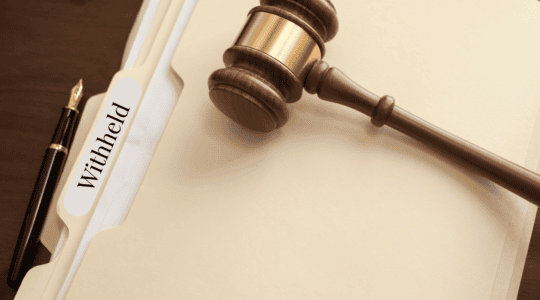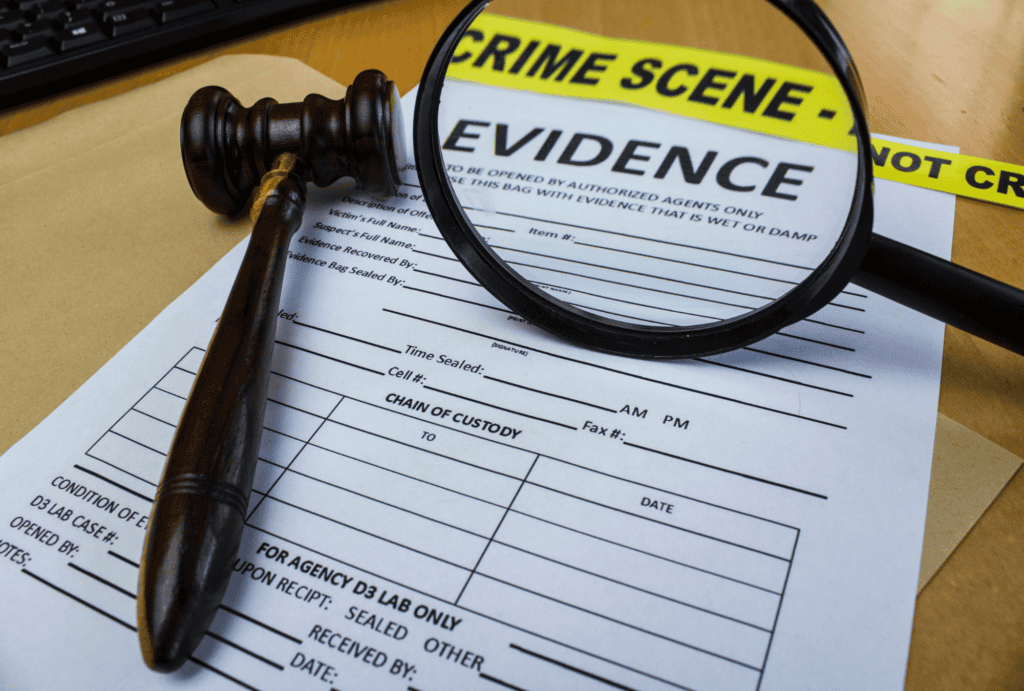
Michael Morton Act Texas: What SB 1124 Could Change
- April 30, 2025
- The Law Office of Greg Tsioros
- Comments Off on Michael Morton Act Texas: What SB 1124 Could Change
In the current Texas legislative session, the 89th session, lawmakers are reviewing proposals that could significantly weaken the Michael Morton Act, a cornerstone of fair criminal trials in the state. For Houstonians facing criminal charges, this could have serious consequences.
What Is the Michael Morton Act?
Passed in 2013, the Michael Morton Act requires prosecutors to share all relevant evidence with the defense, even if that evidence could help prove the defendant’s innocence. It was named after Michael Morton, who spent nearly 25 years in prison for a crime he didn’t commit, because key evidence was never disclosed to his attorneys.
What’s Changing?
Two bills, Senate Bill 1124 and its companion, House Bill 3330, aim to scale back the Michael Morton Act by giving prosecutors more discretion over what evidence must be shared with the defense.
As of April 2025, SB 1124 has passed the Texas Senate with a 25–6 vote and is now awaiting consideration in the House Criminal Jurisprudence Committee. In contrast, HB 3330 was left pending in committee after a public hearing and has effectively stalled.
With SB 1124 moving forward, it has become the primary vehicle for these proposed changes. If the House committee advances it, the bill could be just one step away from becoming law.
Critics warn that this legislation would undercut the very foundation of the Michael Morton Act. By allowing prosecutors to decide what evidence is “relevant,” the reform would risk withholding key information, whether through oversight or intent, and increase the likelihood of wrongful convictions.
Are you facing criminal charges? Contact attorney Greg Tsioros today »
Why This Matters for Defendants in Houston
In Harris County, where the volume of criminal cases is high and public trust in the system is already strained, limiting access to evidence could further erode confidence in fair trials.
Defense attorneys may have to fight harder to get materials they once received automatically. This could mean longer case timelines, more legal battles, and a greater chance of wrongful convictions, especially for those without strong legal representation.
What You Can Do
Legal changes like this aren’t just technical, they affect real people, real cases, and real outcomes. When prosecutors can decide what evidence is shared and what stays hidden, it can mean the difference between a fair trial and a one-sided fight.
If you or someone you care about is facing charges, this isn’t the time to take chances. It’s important to have an attorney who understands how these proposed changes could shape your case and how to respond effectively. That means pushing for full access to the evidence, knowing how to challenge unfair practices, and making sure your rights aren’t quietly sidelined.
Understanding these shifts in the law isn’t just for lawyers or lawmakers. It’s for anyone who wants to protect themselves or support someone caught in the system. The more you know, the stronger your decisions and your defense can be.
Schedule a free consultation with attorney Greg Tsioros »
Need Legal Help in Houston?
Facing a criminal charge can be overwhelming, but you don’t have to go through it alone.
Attorney Greg Tsioros brings years of courtroom experience, including time as a former Harris County prosecutor, to every case he handles. He knows how the system works, because he’s been on both sides, and he uses that insight to build strong, strategic defenses for his clients.
If you’re concerned about how changes to the law could affect your case, or you simply need someone you can trust to guide you through what’s ahead, our office is here to help. We offer free, initial consultations, by phone or in person, and we’re committed to affordable, effective representation.
Take the first step toward protecting your rights. Call (832) 752-5972 or contact us to schedule your consultation.




